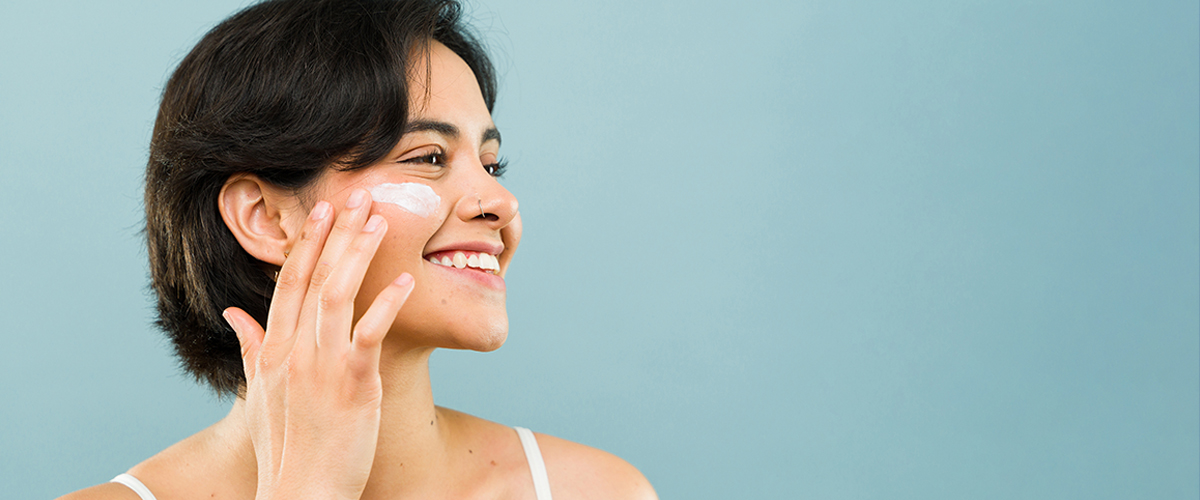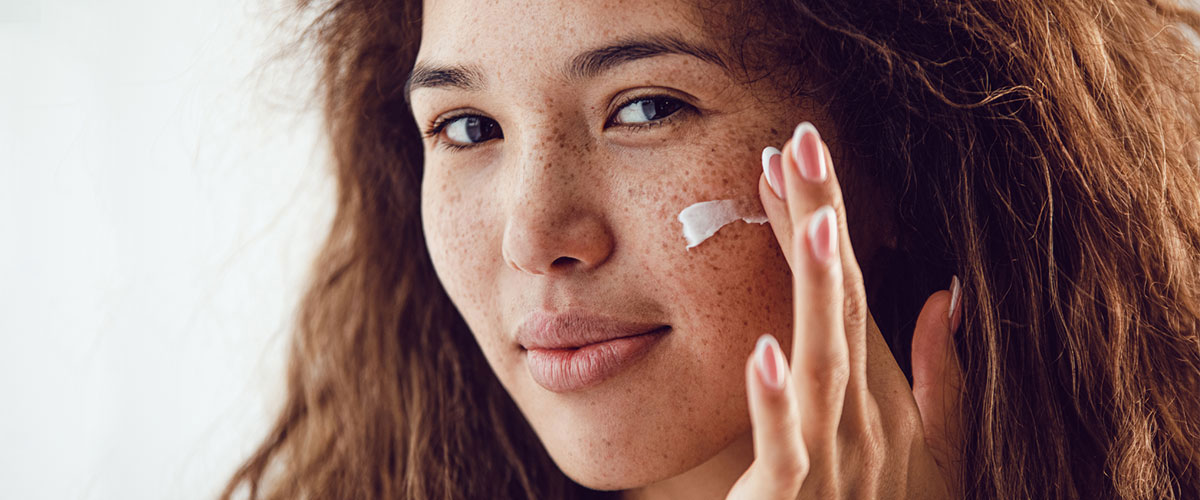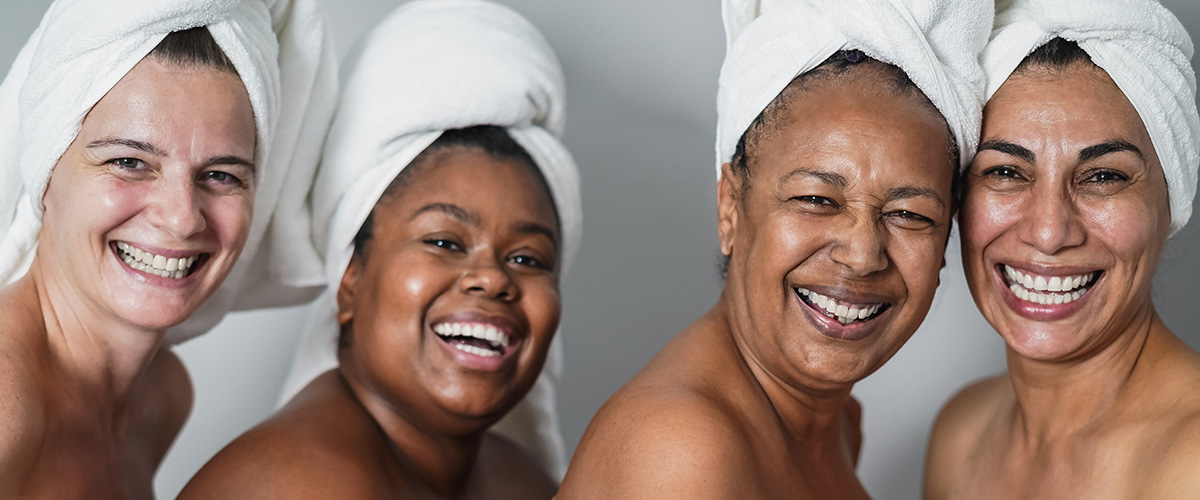Finding the perfect moisturiser starts with understanding your skin type and choosing formulas that work best at different times of the day.
Oily Skin: During the day, opt for a lightweight, oil-free gel moisturiser to hydrate without clogging pores. At night, a water-based or mattifying moisturiser helps balance oil production while keeping skin hydrated while you sleep, such as the QV Face Oil Free Moisturiser.
Dry Skin - Extremely Dry Skin: Look for a hydrating cream with ceramides during the day such as QV Ceramides Cream. At night, for extra hydration choose a more rich formula such as the QV Intensive Cream.
Combination Skin: A lightweight lotion in the morning helps prevent excess shine, such as QV Ceramides Lotion, while a slightly richer night cream can nourish drier areas like the QV Face Nurturing Night Cream.
Sensitive Skin: Choose a fragrance-free, soothing moisturiser like the QV Face Ultra Calming Moisturiser with ingredients such as Avemide 15™ and pro-vitamin B5 for both day and night to reduce the chance of irritation.
Eczema Prone Skin: The QV product range is suitable for eczema prone skin. In the morning, the QV Ceramides Cream provides long lasting hydration. At night, At night, a more intense formula like an ointment or balm can help replenish moisture like the QV Dermcare Sting-Free Ointment.




